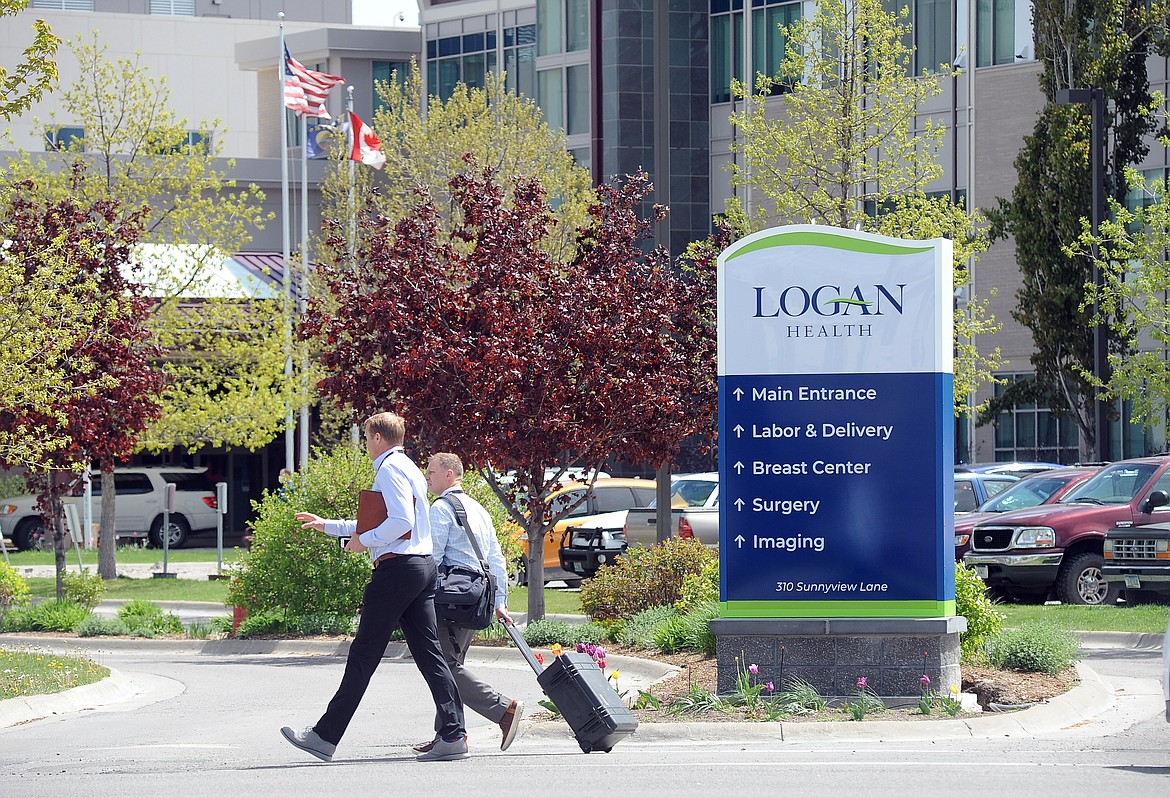Relief funds recommended to recruit health care workers
HELENA (AP) — A commission created to allocate federal COVID-19 relief funding to help stabilize Montana's economy recommended Wednesday that the governor allocate $4 million to help recruit new medical workers to the state. But members rejected a proposal to spend $13 million on retention bonuses for existing hospital workers.
The health care worker recruitment program would allow health care providers to cover up to $12,500 in moving expenses for new hires, along with another up to $4,300 to cover the taxes on that payment, said Scott Mendenhall, the state's new American Rescue Plan Act program director.
"We've had great feedback from health care employers who say this would be very much appreciated and needed to maybe alleviate some of the concern that we have in that particular industry," Mendenhall said.
The program could recruit another 238 medical employees to the state, which has seen a surge in COVID-19 cases since mid-July. New workers would have to remain in their jobs in Montana for at least a year, or they would have to repay the money, Mendenhall said.
Democratic House Minority Leader Kim Abbott, a member of the committee, argued the proposal overlooked members of the existing health care workforce, who are stressed and frustrated by seeing traveling workers receiving more pay than they receive.
Abbott proposed recommending to Gov. Greg Gianforte that the state set aside $13 million in federal relief funding for retention bonuses for employees of inpatient hospitals. She argued in favor of investing in health care workers who stuck with their jobs during the pandemic.
She noted that Kansas had set aside $50 million in federal COVID-19 relief funds to help hospitals retain frontline workers.
The commission rejected Abbott's proposal.
Commissioners also are recommending the governor spend $2.3 million in relief money to respond to an increase in crime in Billings since the beginning of the pandemic. Of that, $1.5 million would go to the Office of the Public Defender to address a backlog in cases and another $850,000 would go to the state Division of Criminal Investigation to hire more investigators. The city of Billings along with Yellowstone County have agreed to spend $1 million each toward the effort.
Scott Eychner, administrator of the state's Workforce Services Division, told the commission the Labor Department would need less than one-third of the $15 million that Gianforte had allocated for return-to-work bonuses.
So far, 1,917 applications have been approved and $2.3 million in bonuses have been paid out. People who were receiving unemployment payments in early May have until Oct. 31 to start a new job and still qualify for the program. New workers have to work for four weeks to receive the $1,200 bonus.
The medical worker recruitment money will come out of that estimated $10 million in return-to-work bonus money to be reverted to the Economic Transformation and Stabilization and Workforce Development Advisory Commission. Any amount over the estimated $4.35 million going to recruit medical workers, and advertise the relocation expenses reimbursement would be allocated to a business innovation program.
The Legislature allocated $150 million to business innovation. The state recently received permission to use some of the money for a revolving loan fund for small businesses, said Budget Director Ryan Osmundson, and will bring a proposal to the commission at an upcoming meeting.


